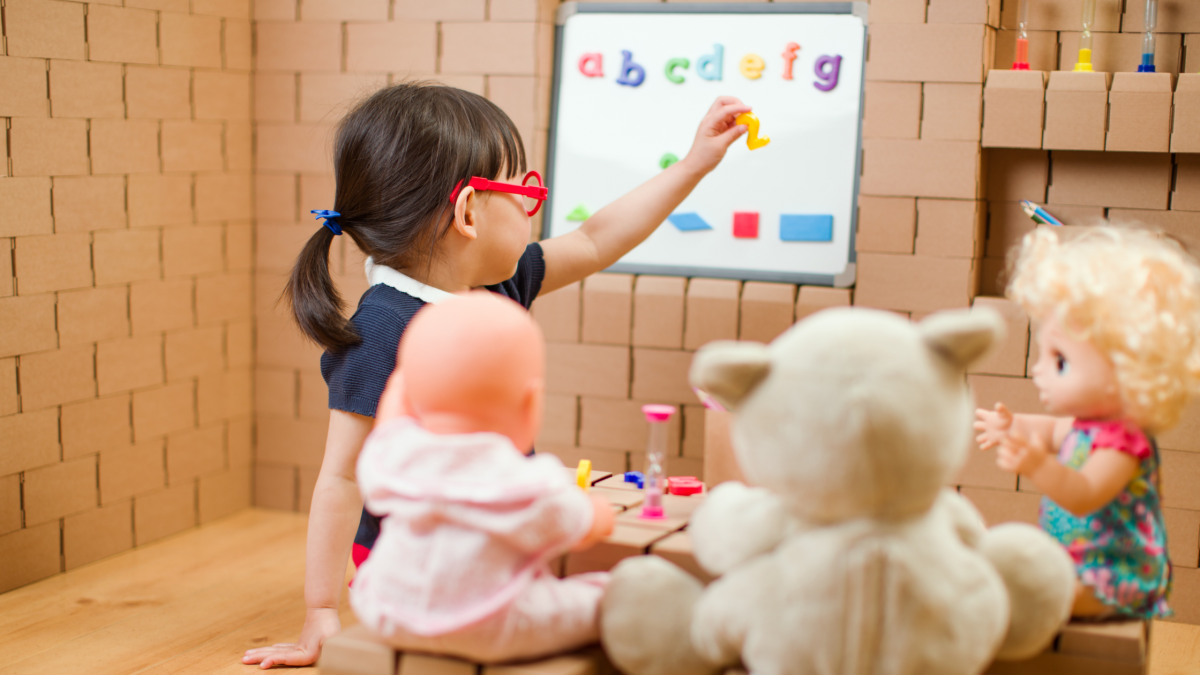
Role of Education in Early Childhood
The right to education is something that every child should be provided with, a right that should begin from the moment the child is born. The early years of a child’s life (typically the period from birth to 8 years) are marked by a remarkable development of the child’s brain and provide a crucial opportunity for imparting education to the child. It is scientifically proven that with good health, a safe environment and proper learning in these early years, children are not only better able to cope with life later but are also able to better reach their full developmental potentials as adults, participating effectively in the socio-economic and civic duties. As a matter of fact, it would not be out of place to state that providing proper education to children in the early years should be taken with the seriousness it deserves and must be regarded as a means of promoting equity and social justice, inclusive economic growth and advancing sustainable development.
Compelling arguments
There are three compelling arguments that bolster such thinking. One, neuroscience shows that a child’s early experiences provide a strong (or weak) foundation for later learning, behaviour, and development. Two, the economic return on investment in preschool programmes is way higher than investments in programmes for adolescents and adults. And, Three, children exposed to early childhood care are seen to be better equipped for school which also has been proven to reduce the gap between socially advantaged and disadvantaged children while starting school. Taking the argument further, from a purely human rights perspective, expanding quality early learning is an important means for realizing the right to education within a lifelong learning perspective.
Ground reality
However, there remains a huge gap, globally, between what is perceived to be ideal and the reality. UNESCO data shows that 1 out of 4 children aged 5 has never had any form of pre-primary education. This represents 35 million out of 137 million 5-year-old children worldwide. Exactly the kind of issues that NEP 2020 seeks to address, where not only has, the highest priority been accorded to Early Childhood Education but a comprehensive framework has also been established to achieve the set goals.
Mission Nalanda
It is a matter of pride for Nalanda Learning, working as it was towards similar ends for many decades now, to integrate itself into this critically important national mission. May we continue to take it to its fruition.